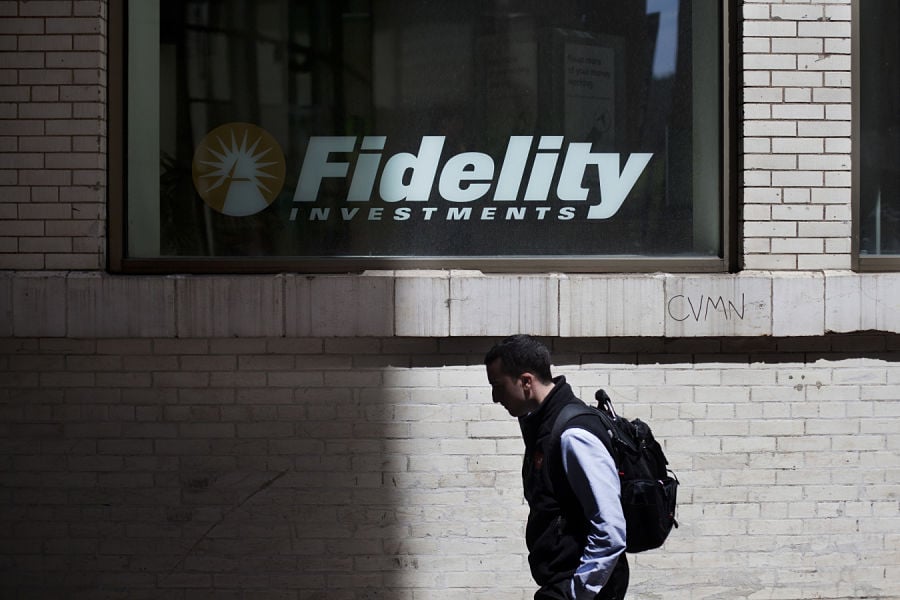

Fidelity Investments on Tuesday dramatically reduced the minimum investments that 401(k)s and other DC plans need to qualify for the low-cost share class of its target-date index mutual fund series.
The Boston-based company, not wanting to be outdone by an identical move in December by its competitor Vanguard, matched its reduction for defined-contribution plans: In both cases, the investment minimums went from $100 million to $5 million.
“With this action, all Fidelity Freedom Index Funds will have total net expenses equal to or lower than comparable Vanguard index target date funds, regardless of investment level,” the announcement from Fidelity read.
The average expense ratio for Vanguard’s Institutional Target Retirement Funds is 9 basis points, while Fidelity charges 8 bps within its series, according to data from the firms.
Today’s investment-minimum reduction applies to Fidelity’s Institutional Premium Class.
Fidelity’s target-date index mutual fund series was 2020’s best seller, with net sales of $15.6 billion, up by 25% over 2019’s sales, according to a recent report from Morningstar.
Vanguard, meanwhile, saw sales down by 92% in its series, at $2.7 billion last year. However, many clients at that firm put money into the collective investment trust version of the series, which overall took in more than $19 billion, according to Vanguard.

Relationships are key to our business but advisors are often slow to engage in specific activities designed to foster them.

Whichever path you go down, act now while you're still in control.

Pro-bitcoin professionals, however, say the cryptocurrency has ushered in change.

“LPL has evolved significantly over the last decade and still wants to scale up,” says one industry executive.

Survey findings from the Nationwide Retirement Institute offers pearls of planning wisdom from 60- to 65-year-olds, as well as insights into concerns.
Streamline your outreach with Aidentified's AI-driven solutions
This season’s market volatility: Positioning for rate relief, income growth and the AI rebound
